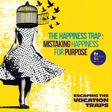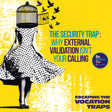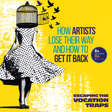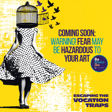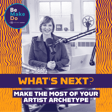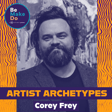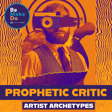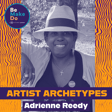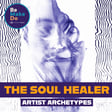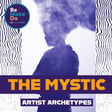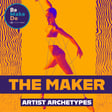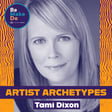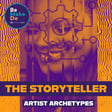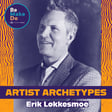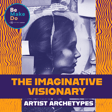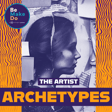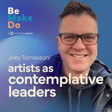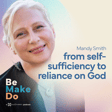
Why Creativity Helps You Succeed with Veronica Scarpellino
Defining success in creative industries can be challenging. Not to mention marketing, sales, and networking. In this episode, Veronica Scarpellino, founder of Goldfinch Leadership talks with Lisa and Dan about how artists can repurpose their creative strengths as tools to take the stress out of doing the business of art.
Join the conversation at www.soulmakers.org/bemakedo or on one of our socials.
TikTok: @bemakedopodcast
Instagram: @bemakedopodcast
Facebook: @bemakedopodcast
YouTube: @BeMakeDoPodcast
Connect with Veronica:
Website: https://www.goldfinchleadership.com/
LinkedIn: @veronicascarpellino
Get your FREE Wise-Hearted Ones Study Guide for practical tools and thought provoking guidance on your artist's quest: https://www.soulmakers.org/podcast-study-discussion-guide
Subscribe and follow Be.Make.Do. wherever you get your podcasts.
